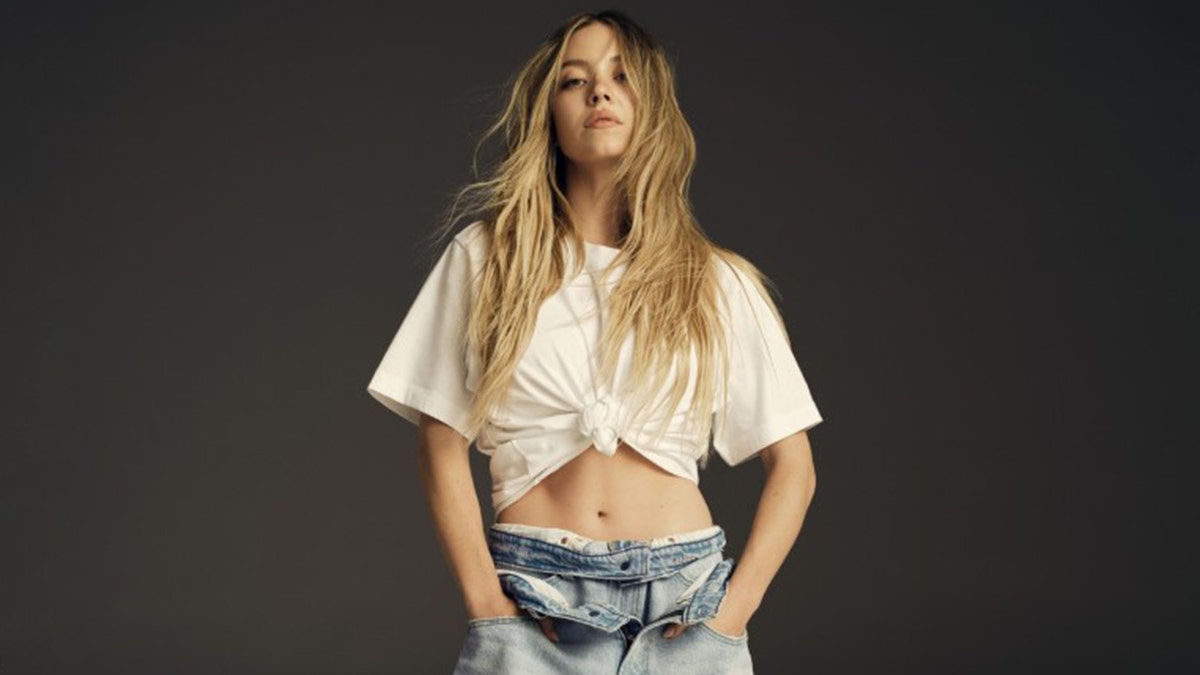DAVID MARCUS: This is our last shared experience and it's shaping the culture wars
In the past few weeks there has been a lot of conversation and controversy over advertising. First, we had the wild allegation that American Eagle jeans ads with Sydney Sweeney were racist, then a kerfuffle over the Cracker Barrel logo.Ever since trans celebrity Dylan Mulvaney popped open his first Bud Light, advertising has seemed less and less like an effort to sell widgets and more and more like ground zero in our societys culture wars.An early example of an ad that had significant backlash was in April 2017, when Pepsi aired a spot with Kendall Jenner in which she magically subdues angry protests by offering everyone a soda. Reaction from the left was swift and angry.SYDNEY SWEENEY 'JEANS' AD SIGNALS MAJOR CULTURAL TURNING POINT, INDUSTRY EXPERTS SAYJenner and Pepsi, it was argued, were belittling the Black Lives Matter movement.Just a few years earlier, this ad would have been a no-brainer, the message being, lets focus on what we all have in common, specifically love for our product, but suddenly the ad itself was part of the problem.Fast-forward to 2020 and the rise of COVID-19 and almost every ad on TV for anything was really an ad for lockdowns, with quiet piano music over rolling shots of empty streets and mindless platitudes like "Were all in this together," being bandied about.We all got the message. Over and over and over again.But why has the television ad risen to such a high place of prominence in our political and cultural discourse? The simple answer is that Americans just dont watch the same TV shows anymore, so ads have become the only content we really all share.If you trace the acceptance of homosexuality in America, from Stonewall to the Supreme Courts Obergefell v. Hodges decision, you can see the whole thing play out in our TV shows of the period.In the late 70s, Billy Crystal played a comic gay character in "Soap." By 1989, the boomerama drama series "Thirtysomething" featured a gay character in a serious role and in the 1990s, Jerry Seinfeld and George Constanza were not gay, but were sure to add, "not that theres anything wrong with that."Our society saw something very similar regarding race relations in our televisual offerings from the 1960s and 1970s that often attacked issues of race straight on, in fact, generally more honestly and directly than we do today.Shakespeare called this holding the mirror up to nature. The TV shows of the pre-streaming era may have played some role in driving public opinion, but their far more important role was in reflecting it. Our storytelling was catching up with society more than society catching up to the storytelling.The transgender movement would also explode into the national conversation by way of a show, this time in 2013 with the Netflix streaming program, "Orange is the New Black," making trans actor Laverne Cox a star and any doubting of his gender an act of bigotry.The next year, conservative writer Kevin Williamson would pen a column entitled "Laverne Cox is not a Woman," only for the Chicago Sun Times to take it down 24 hours later amid backlash from trans activists.This is night and day from the way in which old school television over decades tackled racism and homophobia. These were cultural conversations we all took part in, because we all watched the same shows.Only a very tiny portion of the population ever saw "Orange is the New Black," and in the world of streaming, shows that do feature trans storylines, such as the "Sex in the City" reboot, are also consumed by a very small, often lefty slice of America.So, today, if you want to get the message that men and women are interchangeable out there, your best bet isnt a guest star on a very special episode of a popular sitcom, it's to make Dylan Mulvaney prance around in a Bud Light ad.Polling has shown that there is a political dimension to what streaming services Americans use. Liberals prefer Netflix and Disney Plus, conservatives tend toward Paramount Plus, but what we all see are the same ads.For too long, the advertising industry, along with most that have a C-suite, have believed that there is some kind of social justice mission in their job description. Good corporate citizenship, or something.Advertisers should remember, to the extent they think it's their job to help fix the world, that television shows were only able to help do that because they got good ratings and made money.How did we know that America in the '80s would make the Brooklyn family of "The Cosby Show" the face of the American family? Only because they did.CLICK HERE FOR MORE FOX NEWS OPINIONJust as the writers on "The Cosby Show" spent less of their time trying to promote racial justice than they did on being funny and entertaining, advertisers should focus more on their bottom line and less on saving the world, because the former is the best path to the latter.In all likelihood, these arguments and conflagrations over advertising are going to be with us for some time to come, as Madison Avenue seeks to swing the pendulum back in the direction of tradition and away from progressive politicking.But, at least now, it is a fairer fight. Five years ago, conservatives likely would have thrown in the towel instead of defending the Sweeney ads or defying the Cracker Barrel rebrand. Today, both sides are fighting for this cultural space.The age of the ad is upon us. There will never be another show like "M*A*S*H" or "Seinfeld" that 40% of the country is watching simultaneously. Today 5% would be a massive number.The last people who have all of our attention are the advertisers and, hopefully, they can get back to selling us stuff and stop trying to engineer a new, glorious, progressive society.




